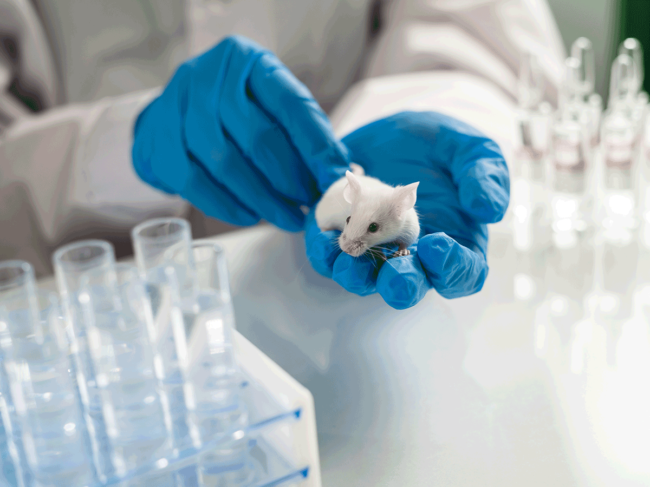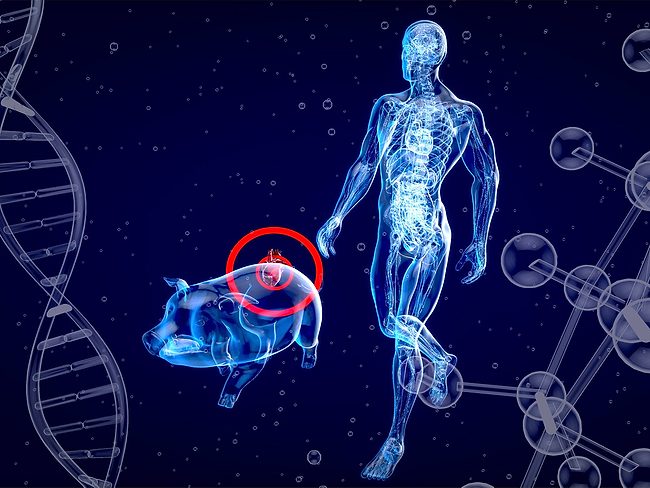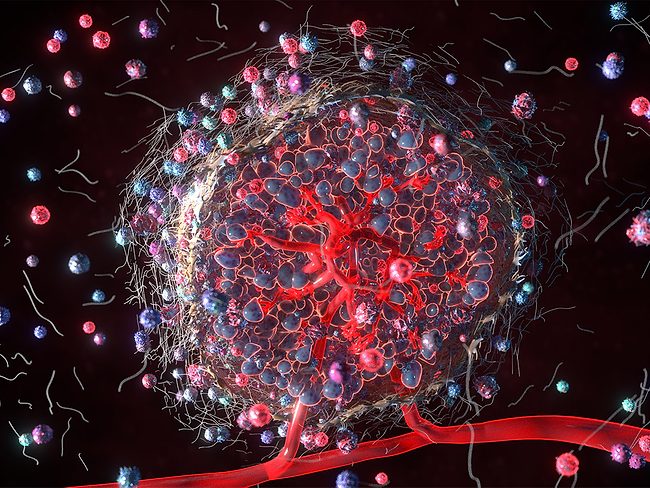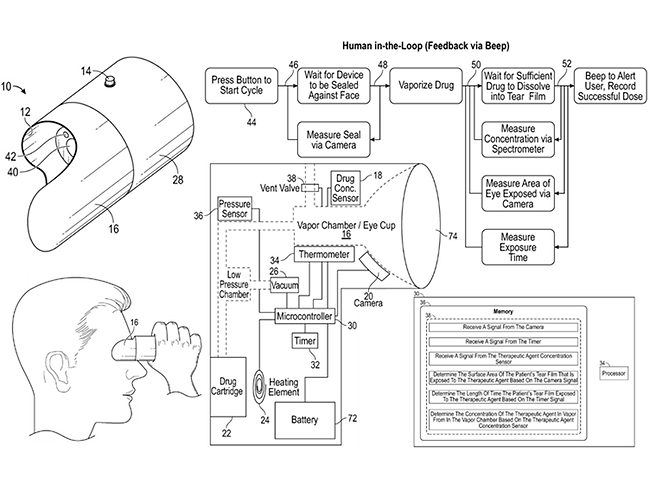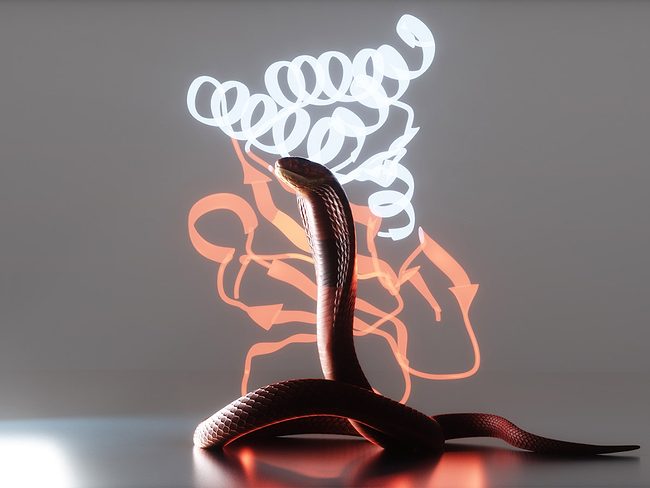
Drug design, drug delivery and technologies, BioWorld MedTech
Drug design, drug delivery & technologies
Ten days of normal survival of a pig liver in a human being
Read MoreDrug design, drug delivery & technologies
AI-based spatial omics unveils molecular talks in tumors
Read MoreDrug design, drug delivery & technologies
Intranasal bacterium for targeted brain delivery
Read MoreDrug design, drug delivery & technologies
